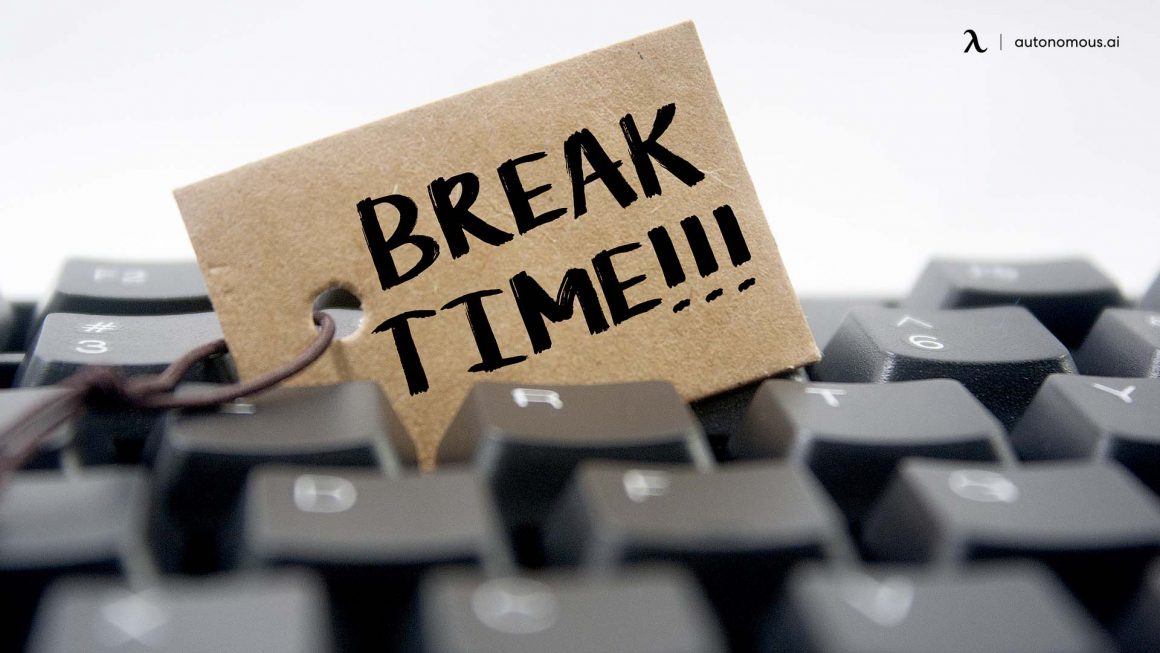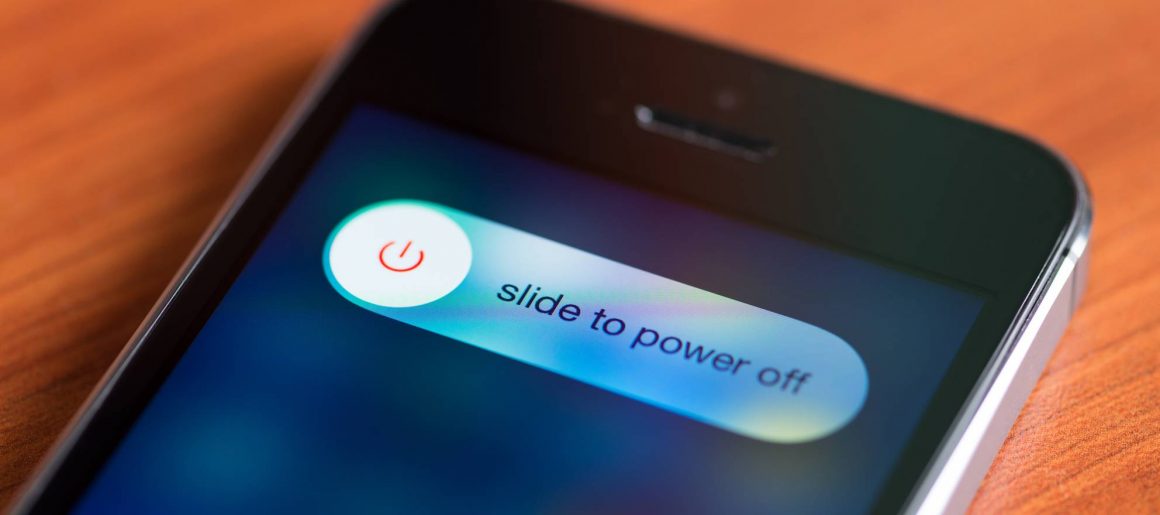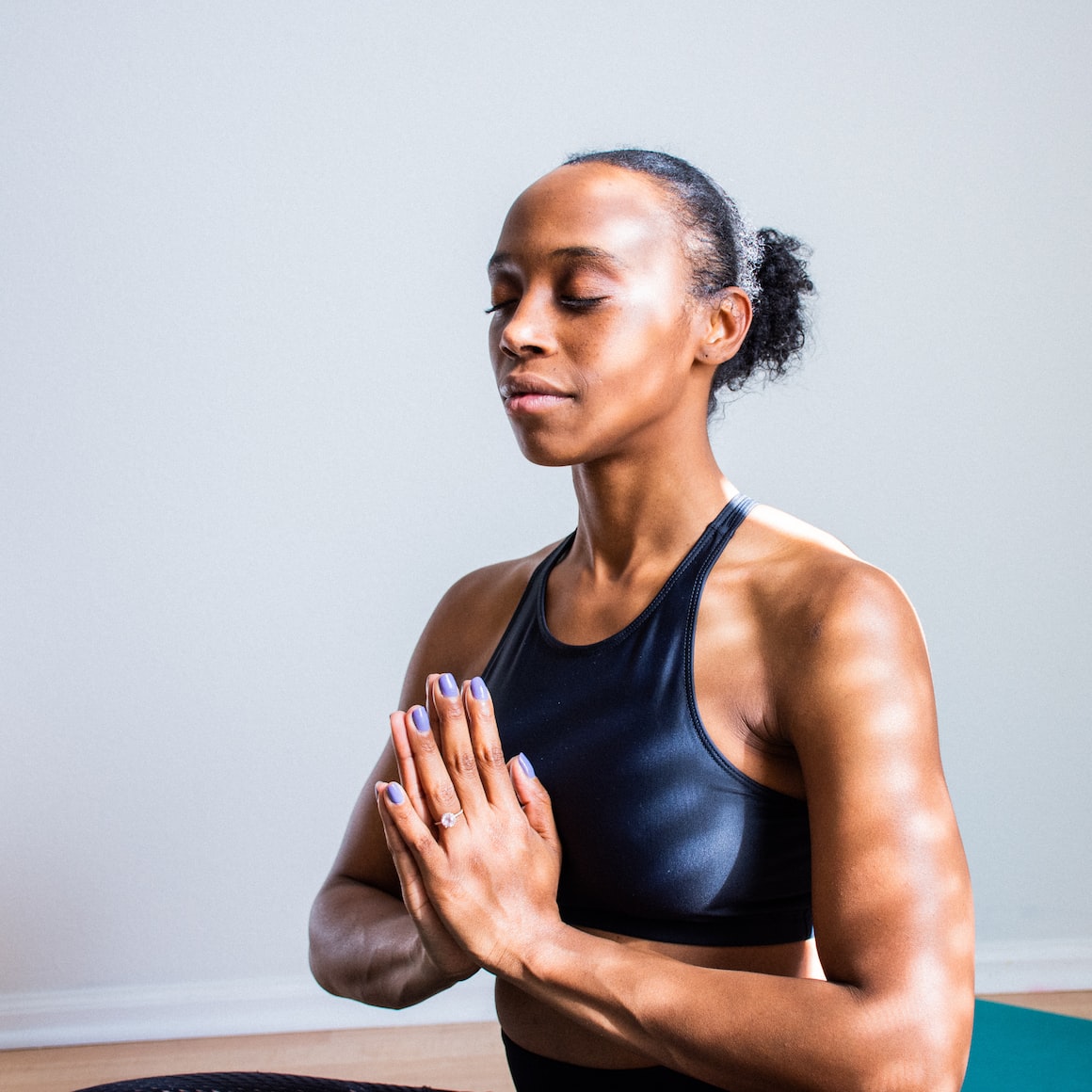Entertainment
The Art of Recharging: How to Take Breaks and Avoid Burnout

With work emails piling up, deadlines looming, and social media notifications constantly demanding our attention, finding the time to rest and recharge can be challenging. However, taking breaks is essential for maintaining our physical and mental well-being.
Burnout is a state of emotional, physical, and mental exhaustion caused by prolonged stress. It can lead to a range of negative consequences, including reduced productivity, decreased job satisfaction, and even health problems such as anxiety and depression. Still trying to figure out how to avoid this? You can start with these eight tips. Remember, taking breaks isn’t a luxury; it’s a necessity.
1. Schedule Breaks Throughout Your Day
One effective way to take regular breaks is to schedule them into your daily routine. Whether you work from home or in an office, taking a few minutes to step away from your work and recharge can make a significant difference. Try setting a timer every hour to remind you to take a short break. This break can help you clear your mind, reduce stress, and improve your focus when you return to work. During this time, get up from your desk, stretch, and walk around the office or outside.
2. Disconnect from Technology

Technology has made our lives more convenient but it has also made it harder to unplug and take a break. With smartphones and laptops always within reach, it can be challenging to disconnect and give our brains a break. Set boundaries around technology use by turning off your phone or disconnecting from social media during breaks. Also, consider taking a digital detox for a day or two each week to rest your mind and recharge.
3. Practise Mindfulness

Mindfulness is a technique used to help individuals stay present and focused on the present moment. It involves paying attention to your thoughts and feelings without judgement, which can help reduce stress and anxiety. You can practise mindfulness by taking a few deep breaths, closing your eyes, and focusing on your breath. This simple exercise can help you feel more relaxed and centred, making it easier to focus on your work when you return to it.
4. Prioritise Sleep

Sleep is essential for our physical and mental health. It helps us recharge and recover from the day’s activities and is crucial to our cognitive function and emotional well-being.
Establish a regular sleep schedule and create a relaxing bedtime routine to help you wind down before bed. This could include taking a warm bath, reading a book, or doing relaxation exercises.
5. Make Time for Hobbies and Self-Care
Taking breaks doesn’t have to mean doing nothing. Engaging in hobbies or practising self-care can help you feel more energised and refreshed, making it easier to tackle your daily tasks with renewed vigour.
Find activities you enjoy, such as painting, yoga, or cooking, and make time for them in your schedule. These activities can help you destress, improve your mood, and provide a sense of purpose and fulfilment.
6. Don’t Be Afraid to Ask for Help
Despite our best efforts, we may still feel overwhelmed and burned out. During these times, it’s important to remember that asking for help is okay. The key to getting more done is to delegate.
7. Move Your Body
Physical activity is a great way to take a break and reduce stress. Whether it’s a quick walk around the block or a yoga class, find an activity that gets your body moving and helps you release tension.
8. Take a Vacation
Sometimes, a longer break is necessary to prevent burnout. Plan a vacation or time off from work to disconnect and recharge. Even a few days away from your routine can make a big difference in your overall well-being.
Disclaimer: No copyright infringement intended. All rights and credits reserved to respective owner(s).











